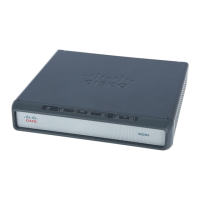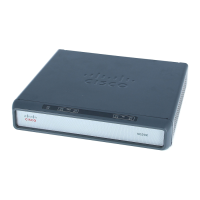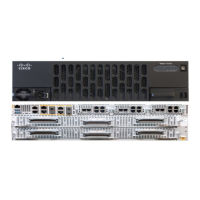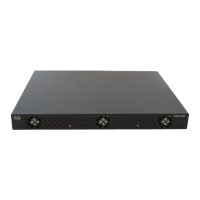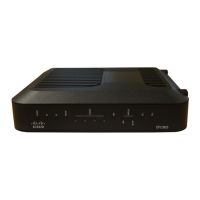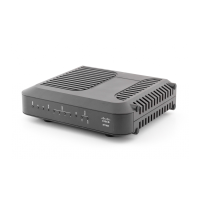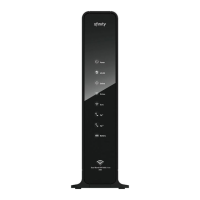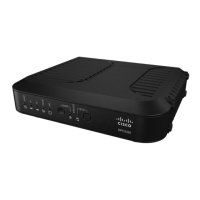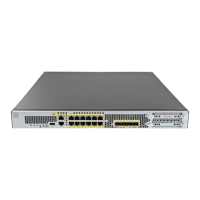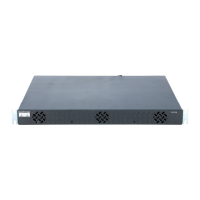Troubleshooting ISG with Session Monitoring and Distributed Conditional Debugging
Configuration Examples for ISG Distributed Conditional Debugging
10
Enter Command:
Monitoring CPU Statistics: Example
The following example shows sample output for the show processes cpu monitor command:
Router> show processes cpu monitor
CPU utilization for five seconds: 0%/0%; one minute: 0%; five minutes: 0%
PID Runtime(ms) Invoked uSecs 5Sec 1Min 5Min TTY Process
3 772 712 1084 0.08% 0.04% 0.02% 0 Exec
67 276 4151 66 0.08% 0.03% 0.01% 0 L2TP mgmt daemon
116 604 2263 266 0.16% 0.05% 0.01% 0 IDMGR CORE
End = e Freeze = f
Enter Command:
Enabling ISG Distributed Conditional Debugging: Example
The following example shows how to filter PPP, PPPoE, and Session Manager debugs for a PPPoE
session with username “user@cisco.com”. Only debugging messages for the defined user are displayed
on the console. Any other debugging messages associated with other users will not be displayed.
Router# debug condition username user@cisco.com
Condition 1 set
Router# debug ppp negotiation
Router# debug pppoe event
Router# debug subscriber session event
Displaying Debugging Conditions: Example
The following example shows how to display debugging conditions that have been set.
Router# show debug condition
Condition 1: domain cisco.com (0 flags triggered)
Condition 2: username user@cisco.com (0 flags triggered)
Condition 3: ip 172.19.200.10 (0 flags triggered)
Filtering Debug Output: Example
In the following example, the output of the debug subscriber packet detail command is filtered on the
basis of the username “cpe6_1@isp.com”:
Router# debug condition username cpe6_1@isp.com
Condition 1 set
Router# show debug
Condition 1: username cpe6_1@isp.com (0 flags triggered)
Router# debug subscriber packet detail
SSS packet detail debugging is on

